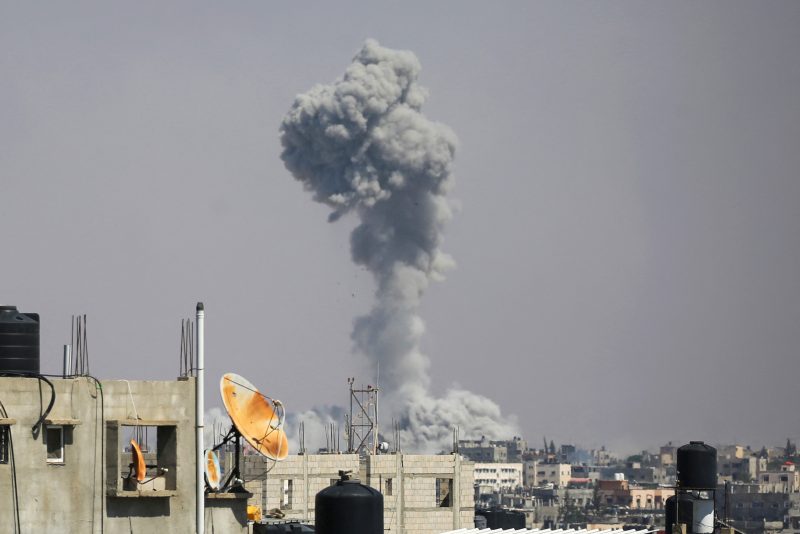In recent times, the global geopolitical landscape has witnessed a surge in tensions and conflicts, particularly in the Middle East. The intricate web of alliances, rivalries, and historical grievances in the region has often led to disputes that have far-reaching implications. One such instance is the recent delay in arms shipments from the United States to Israel amidst escalating tensions in the Rafah region.
The United States has been a long-standing ally and supporter of Israel, providing military aid and assistance to bolster its defense capabilities. However, the decision to delay arms shipments signals a shift in the dynamics of this relationship. The move comes in the backdrop of heightened tensions in the Rafah region, where Israeli forces have been engaged in a series of clashes with Palestinian militants.
The delay in arms shipments underscores the complexities of U.S. foreign policy in the Middle East. While Washington has traditionally been a staunch supporter of Israel, it also seeks to maintain a delicate balance in the region to safeguard its interests and ensure stability. The decision to postpone arms deliveries is likely a strategic move aimed at de-escalating tensions and preventing further violence in the region.
The situation in Rafah is emblematic of the broader challenges facing the Middle East, where longstanding conflicts and territorial disputes continue to simmer, often erupting into violence. The United States, as a key player in the region, plays a crucial role in mediating and managing these conflicts. The delay in arms shipments to Israel highlights the need for a nuanced and careful approach to diplomacy and conflict resolution in the region.
In conclusion, the delay in arms shipments to Israel amidst tensions in the Rafah region is a stark reminder of the complexities and challenges of navigating the volatile geopolitics of the Middle East. It underscores the need for careful diplomacy, strategic decision-making, and a nuanced understanding of the dynamics at play in the region. As the situation in Rafah and the broader Middle East continues to evolve, it is imperative for all parties involved to act with restraint and wisdom to prevent further escalation and violence.
